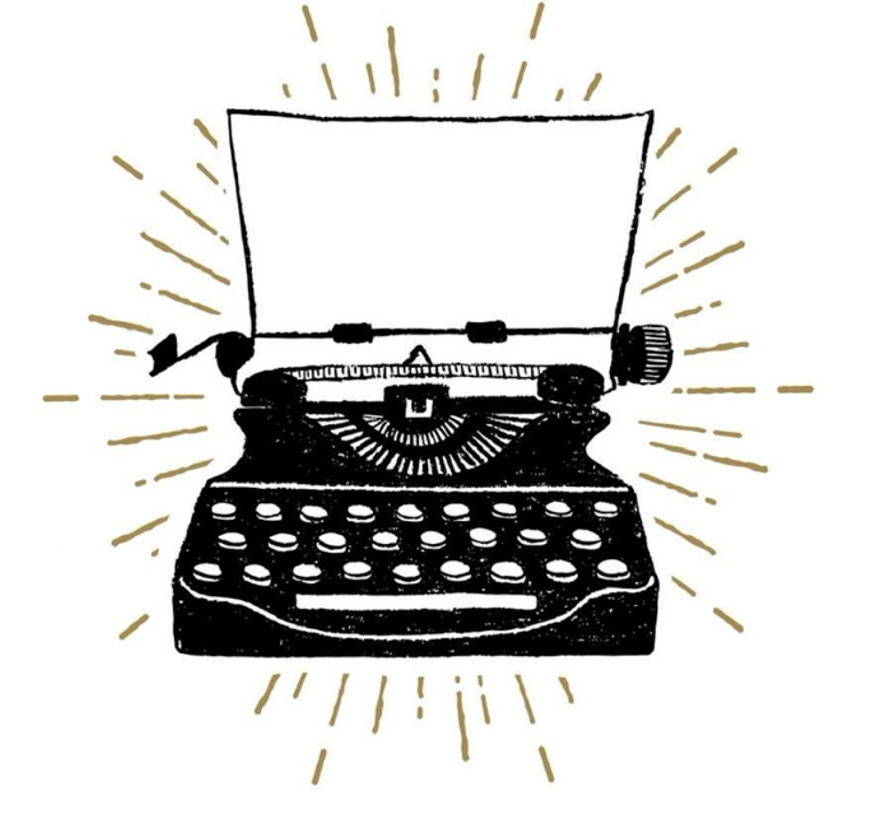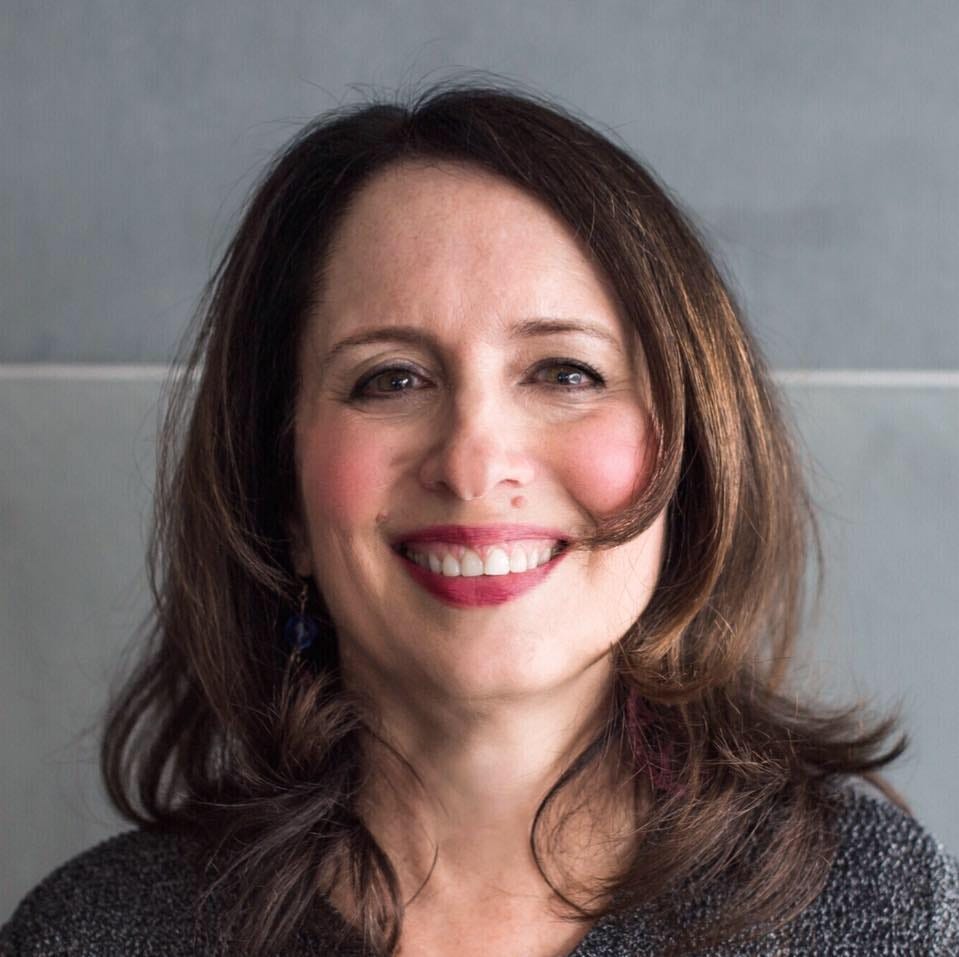Word Count: Side Hustles
Tips for producing more pages
I marvel at the rare prolific writer who not only achieves an impressive output of work but does so across genres. The beloved Nora Ephron, for instance, wrote articles, essays, the novel Heartburn, film scripts including When Harry Met Sally, and plays. (Don’t you miss her?!)
And while the occasional multi-genre superstar still exists, I find that writers are often categorized by others as strictly novelists or poets or columnists, and we categorize ourselves this way, too. Why should we be so restricted?
Some recent and current writers may not write as diversely as Ephron, but they’ve refused to stay entirely in their lanes. Elizabeth Alexander, a poet who read at Barack Obama’s first presidential inauguration, also wrote one of my favorite, beautiful memoirs, The Light of the World. The novelist Jennifer Weiner and memoirist/essayist Roxane Gay regularly write opinion pieces for The New York Times. But I’d say they’re the exception rather than the rule. So let’s break the rules!
If you’re writing a novel or memoir, for instance, and find yourself lost as to where the story goes next, it’s pretty typical to start beating yourself up or worrying about writer’s block. Instead, you could shift gears to writing a shorter piece, like a personal essay or book review or journal entry, and then return to your primary project.
Think of your book as an entrée and your short project as a palate cleanser.
Or, if you’d like, consider your temporarily stepping away from your book as a guilt-free mini vacay because you still created something else during that time.
Literary side hustles can help you stretch your writing muscles. Just as you don’t reap optimal benefits by repeating the same exact exercises over and over and instead need to strengthen your muscles by introducing in new exercises (or so I’ve heard), so it goes for writing.
And, very importantly, when your book is not yet generating any income, writing for magazines, newspapers, and certain websites can.
Of course not all alternative projects have to be written with the aim of publication or income to “count.” Sylvia Plath and Virginia Woolf, among others, were inveterate journal and letter writers, sometimes discovering their creative goals and literary dreams in the very process of journaling about them. One of my favorite passages in Plath’s is where she figures out what she wants to achieve in her novel The Bell Jar. She writes, “Use words as a poet uses words. That is it!” And continues with, “I must be a word-artist.” While these authors’ journals and letters were ultimately published due to their immense fame, that was not their initial intention.
It may seem paradoxical, but forays into other genres that temporarily divert your attention from your book won’t interfere with your writing productivity but will actually increase it. So, do the hustle!
What’s a side project you could take on when you get stuck working on your primary project? I’d love to read your comments, below. Also, feel free to reply to other readers’ comments. Thanks as always for being part of this growing writers’ community!





Mes apologies to Roxane Gay, whose name I originally misspelled. You'd think with a name like Meta, I'd be more attentive! It's corrected now!!
I write historical novels and assumed that was what I could do. Then I enrolled in a spiritual writing workshop and discovered I could write wonderful short pieces - pieces that were poetic, intensely moving and spiritual all at once. The secret to this success was that I hated writing to a prompt ("you're not the boss of me!" as my once two-year-old used to say) and I did everything I could think of to subvert the process. I don't know if the leader of the workshop appreciated that, but so it goes.
The experience was amazing, and I subsequently led a workshop myself to allow others to explore in the same way. Oddly enough, the members of my workshop didn't follow the prompts either. It must be a thing.